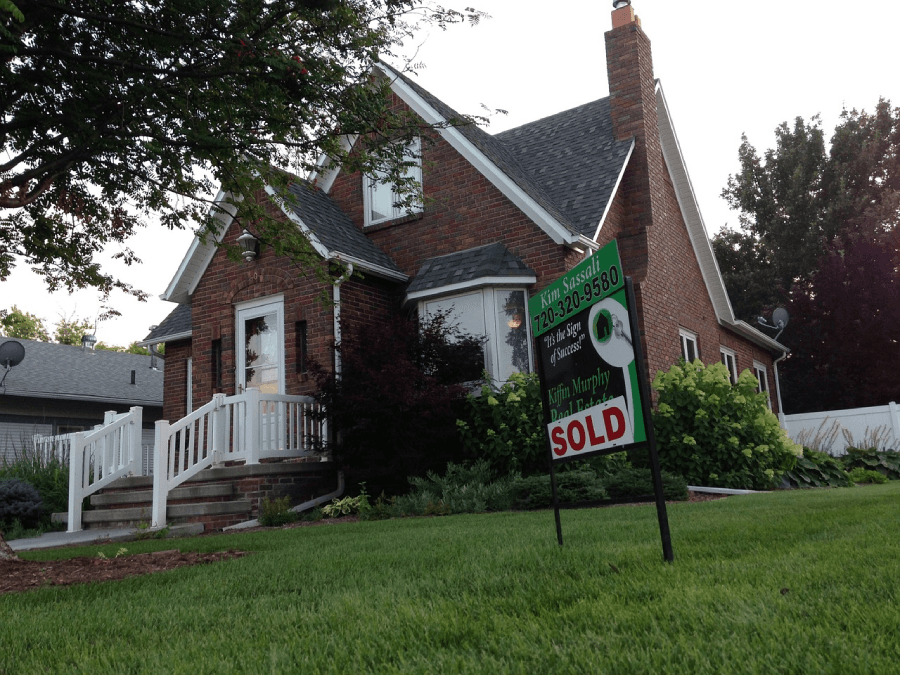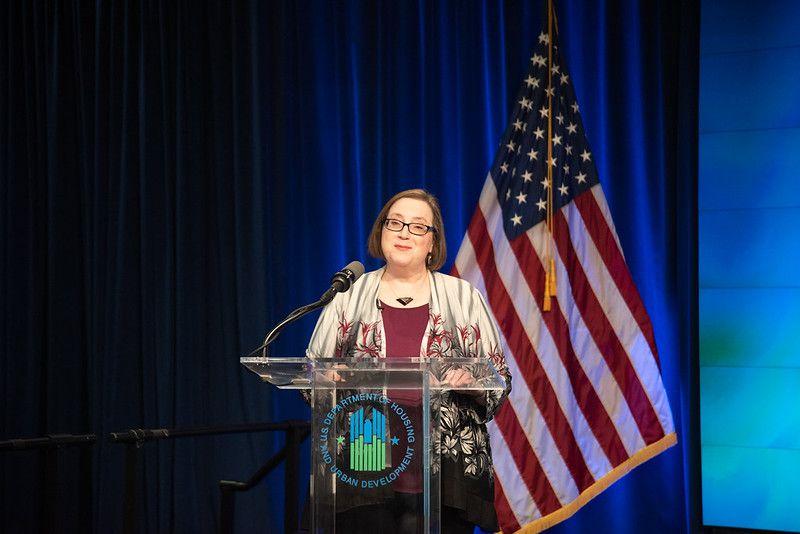
Mortgages Taking 2 Months to Close on Average
If you're in the market for a mortgage, you should be prepared for delays.

Even when things are running smoothly, mortgages don’t exactly close with lightning speed.
Before your loan can close, a number of boxes need to get checked. You’ll need an appraisal, an inspection, verification of your financials, a title check, and the list goes on and on. Those are just a few of the things that need to happen before your mortgage closes and you get your keys.
But now that we’re in the middle of a global pandemic, that process has slowed considerably.
How long should I expect to wait?
At the time of this writing, the mortgage closing process is reportedly taking an average of 2 months.
Under normal circumstances, you should expect to wait between 30 to 50 days. However, for the foreseeable future, homebuyers should prepare to wait a full two months (or more) to avoid complications.
“I put an offer in on a house and once it was accepted, I gave 30 days notice to the landlord of the house I was renting–and that was a mistake. Our landlord quickly found another renter, and we narrowly avoided being displaced while we waited 7 weeks for the loan to close due to delays.” -Megan in Washougal, WA.
This same scenario could easily apply to someone selling their own house while simultaneously buying a new one, so it’s important to factor in the new wait times while making your housing arrangements. We’ve heard similar reports of people in Dallas, Texas who were not as lucky as Megan and ended up having to pay for storage space and hotel accommodations while waiting for the final details of their home purchase to finalize.
What’s taking so long?
The slow down is due partially to the fact that workforces are limited on account of offices shuttering due to COVID-19 protocols. The bulk of loan processing can be done remotely, but it definitely does seem to have slowed things down.
However, the main cause of the delays is the fact that rates are hitting historic lows, and the real estate market is red-hot as a result. Mortgage rates fell to a 16th record low in late December, and loan applications are pouring in at break-neck speed. Lenders are being pushed to capacity, and processing times are suffering as a result.
Are lenders hiring more people to process loans?
You would think that this would be the next logical step for lenders, but in a lot of cases, we’re seeing the opposite. While some of the bigger name-brand lenders are hiring mortgage professionals to keep up with the volume, some of the smaller lenders have opted to simply be more picky about which borrowers they choose to do business with. This strategy comes from an abundance of caution out of fear that the market could level off in the near future and they’ll be stuck with redundant staff.
What if I want to refinance?
The historically low rates make it a great time for a refi, but people looking to refinance are likely to see the most substantial delays.
Most lenders are prioritizing purchase transactions right now in order to meet closing deadlines, so applications for refinancing have been put on the back burner.
Will rates continue to drop?
This is tough to answer without a crystal ball, but predictions from mortgage experts seem to follow the trend that rates will begin to creep back up in early 2021.
Conventional wisdom might suggest that if you’re in the market for a mortgage, you shouldn’t base your decision to pull the trigger on rates getting any lower than they are right now.









